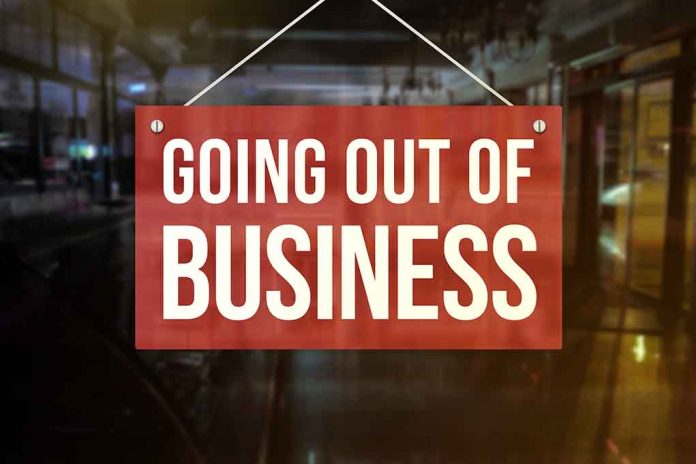
(ReliableNews.org) – Food deserts are a major concern in cities and towns across America — being unable to access healthy food can cause all kinds of problems. Now, there’s another issue facing Americans: pharmacy deserts.
A pharmacy desert is when people without cars live more than half a mile from the nearest pharmacy or more than two miles if they have a car. Rite Aid recently filed for Chapter 11 bankruptcy protection. Meanwhile, Walgreens and CVS plan to close about 1,500 stores across the country. In some communities, pharmacists are the only medical professionals for miles. The closures are putting a strain on communities in need of medical care.
University of Southern California (USC) Associate Professor Dima Qato spoke to Newsmax about the shrinking number of pharmacies nationwide. The professor said that about 25% of neighborhoods across America are pharmacy deserts. Qato said the “closures are disproportionately affecting communities that need pharmacies most.” A 2021 USC study found there are fewer pharmacies in black and Latino neighborhoods.
The closures mean people in the neighborhoods that were once serviced by the pharmacies have to travel farther for their medication. That also leads to people picking up their prescriptions late.
Neil Saunders, the managing director of GlobalData Retail, explained that running pharmacies aren’t as profitable as they once were. Big stores like Walmart and Dollar General are moving into neighborhoods, pushing smaller pharmacies out. He said consumers have more options than just CVS and Walgreens, leading to the closures.
According to Qato, Pharmacy Benefit Managers (PBM) are also to blame for the financial issues the businesses are suffering from. PBMs create networks between pharmacies and insurers, like the relationship between Aetna and CVS. That results in insurers telling their patients which drug stores to visit. Many times, the closest ones to patients in a pharmacy desert are independently owned, rather than chains. Often, smaller stores are not included in the networks, and they lose business, forcing them to close.
For now, there doesn’t appear to be a solution to the problem, which means it could get worse, and Americans will suffer.
Copyright 2023, ReliableNews.org










